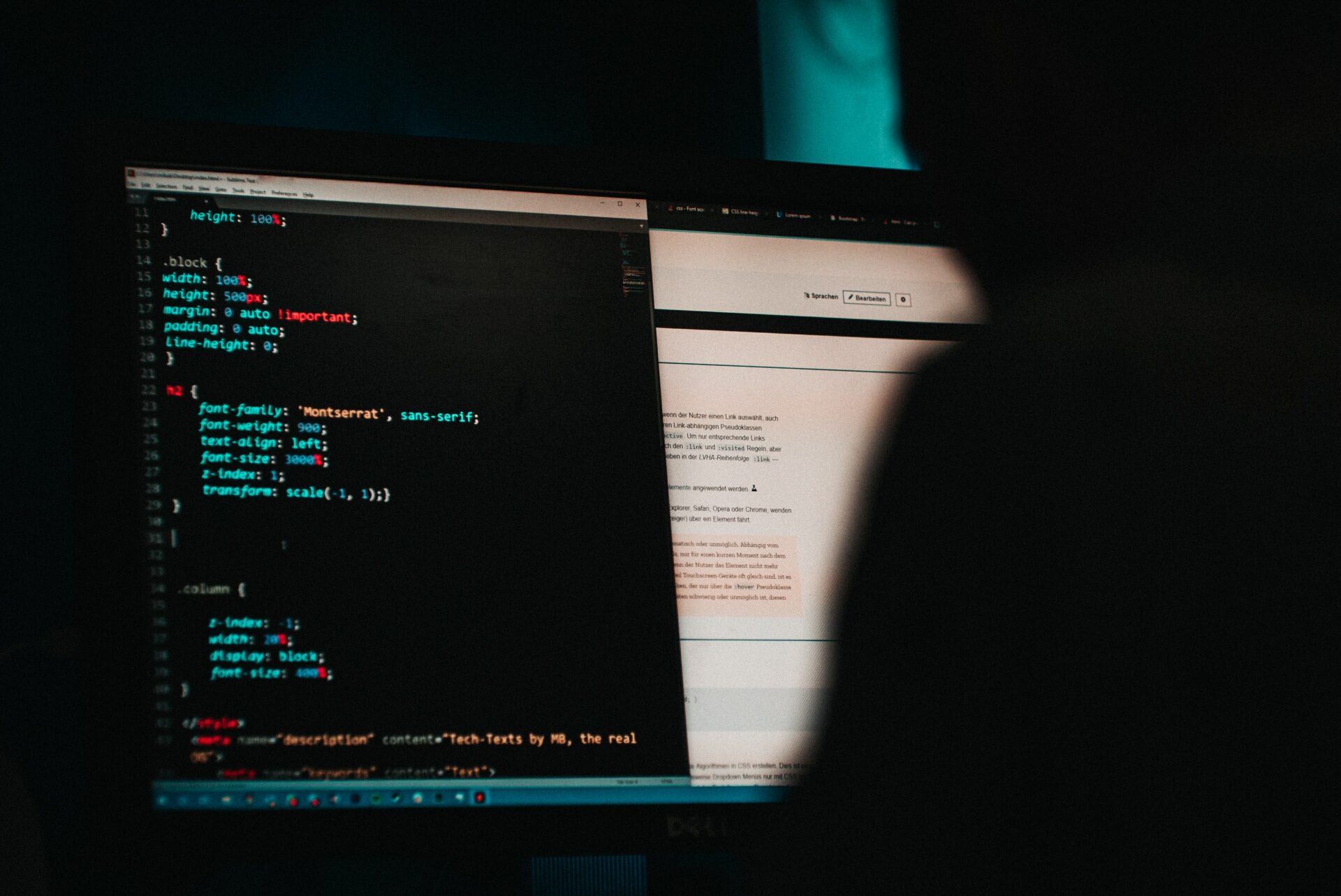Managing Companies in Times of Uncertainty
Decades of globalization has helped fuel a rise in incomes and consumption across the world, enabling companies to explore new markets and opportunities regardless of where they are and lifting millions out of poverty.
For a long time, it seemed as though globalization would continue to dominate the economic status quo, but times have changed drastically. One could argue that it all started with the 2020 COVID-19 pandemic, which disrupted business as usual, resulting in persistently negative sales impacts and immense strain on smaller firms with more resource constraints. As a result, widespread layoffs occurred in companies, with many resorting to forcing workers to take enforced leave or reduction of working hours to cut costs.
For businesses, the resulting uncertainty from the pandemic has only accelerated with the advent of emerging technologies such as AI, cloud computing, fintech and supply chain digitalization, which are intensifying pressures on companies to adapt and evolve. It became clear that firms who had already invested in going online were better placed to adapt to the challenging circumstances, but others in industries such as those in manufacturing, hospitality or agriculture struggled, due to the physical nature of the sector.
Uncertainty around America’s recent tariff announcement has also greatly impacted how businesses are thinking about global trade, hitting the future growth prospects of export companies, in particular. Several emerging economies such as Vietnam and Cambodia are facing very uncertain times, more so because of their dependence on US-related trade. Vietnam for example, is the US’s eighth biggest trading partner and bilateral trade between both countries topped US$149.6 billion in 2024. Vietnamese exporters of textiles, footwear and furniture will be hit hard, straining their profit margins, and leading to job losses.
In the pursuit of growth and expansion, companies now face multiple interconnected challenges that require a major recalibration of management strategies. How are companies redefining leadership and decision-making in the face of uncertainty and automation? What strategies can foster innovation and collaboration, even as traditional structures and roles evolve?
These are just some of the topics on at the upcoming Horasis Global Meeting, scheduled to take place in São Paulo, Brazil, between 7 to 10 October 2025. In its 10th edition, the meeting will draw together opinions and experiences of global leaders from various backgrounds on finding cooperative frameworks to our present challenges.
Redefining Leadership Approach
The present crisis requires business leaders that look beyond immediate gains, while focusing on making impacts in the long-term as one collective force, with the virtues of mindfulness and empathy. Despite the upheaval caused by the crisis, the COVID-19 pandemic offered many lessons that companies can take.
For example, when the crisis first hit, manufacturing companies did not sit around but instead chose to take the moment as an opportunity to pivot. Firms that previously produced garments or home appliances retooled their production lines to produce ventilators, face masks and hand sanitizers. UK-based Dyson and Grey Technologies, two manufacturers known for vacuums and other motor-driven airflow tools, quickly transformed their factory floor to design and produce ventilators to meet the demands from government for 30,000 ventilators in a two-week span. In another case, rum producer Bacardi, converted its distillery in Puerto Rico to make ethanol needed for manufacturing hand sanitizer. Meanwhile, Japan’s Sharp Corporation was producing surgical masks in a factory that usually manufactures electronic displays.
While these cases were specific to the pandemic, they help illustrate what characteristics successful leaders need to navigate crises and build resilience in turbulent times.
After all, market uncertainty and technological innovations are now standard for businesses today. To stay ahead and remain competitive, leaders need to develop a mindset of continued learning and evolution. Leaders and organizations as a whole should explore opportunities to invest in self-development in technical and soft skills. Only when they have the knowledge and understanding of emerging technologies, will they be in a better position to contribute to a more better management strategy to skill their workforce.
Being open to the growing call by consumers and stakeholders is also an important characteristic that business leaders should possess. This feedback can offer crucial direction during times of change and upheaval, enabling companies to right the ship in a timely manner. Malaysian oil and gas giant Petronas provides a case study of how actively investing in renewable energy can enable fossil fuel producers to adapt to the global energy transition. The company aims to go net-zero by 2050, with plans to supply 30-40 GW of renewable energy by 2030.
Fostering a culture of innovation and collaboration, business leaders should encourage development of innovative ideas that could potentially be groundbreaking. This is a key element of e-commerce retailer Amazon’s DNA—the company’s flagship products such as Prime Now, Amazon Go and Alexa are results of innovative ideas that were submitted by employees to the Amazon leadership for funding.
Finally, business leaders need to lean into the need to collaborate and remain empathetic, human values that can ensure that we remain focused on growing for the common good and provide opportunity for all.
Photo Caption: An illuminated office complex. In the pursuit of growth and expansion, companies now face multiple interconnected challenges.



